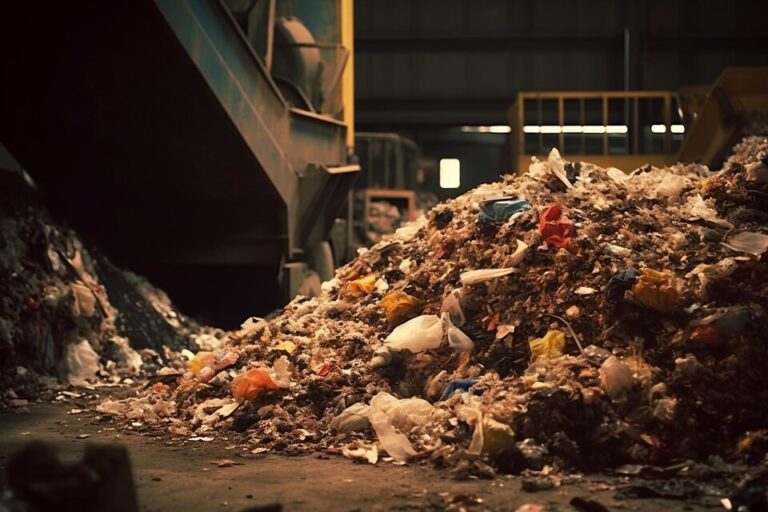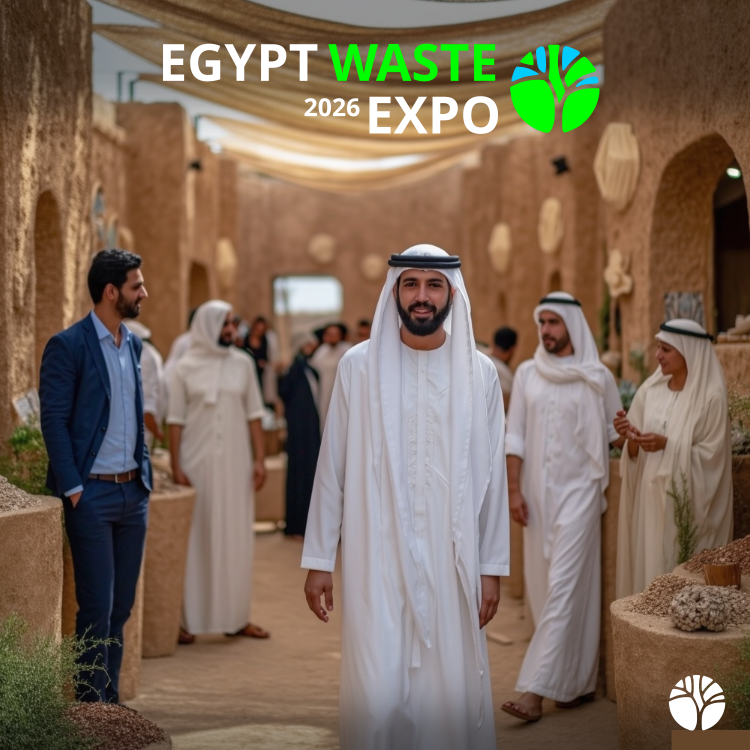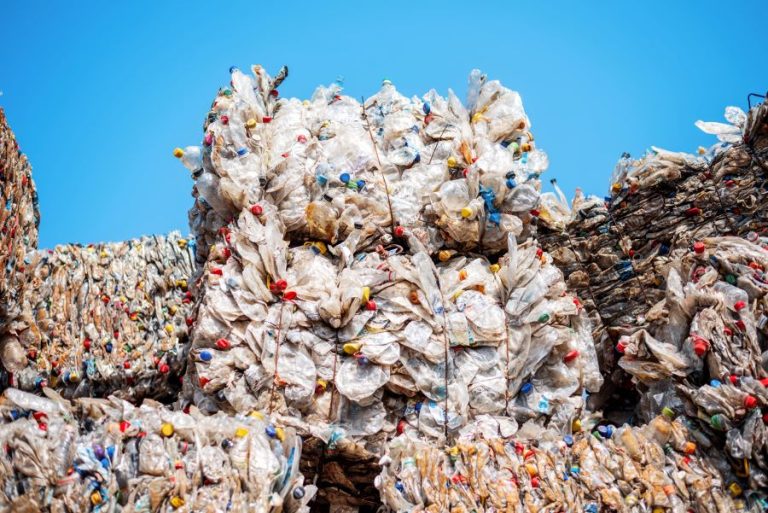Organic waste, a significant portion of municipal solid waste, poses a major environmental challenge if not managed properly. Traditional disposal methods, such as landfills and open burning, contribute to greenhouse gas emissions, pollute soil and water resources, and attract pests. Organic waste management strategies, such as composting and biogas production, offer sustainable solutions by transforming waste into valuable resources.
Organic Waste as a Resource
Organic waste, composed of biodegradable materials like food scraps, yard waste, and animal manure, holds untapped potential when managed sustainably. Composting and biogas production convert organic waste into valuable products that can be utilized for various purposes, reducing the burden on landfills and fostering a circular economy approach.
Composting: Transforming Waste into Nutrient-Rich Soil Amendment
Composting is a natural process that breaks down organic matter into nutrient-rich humus, a valuable soil amendment. Humus improves soil structure, aeration, water retention, and nutrient availability, enhancing plant growth and crop yields. Home composting systems and large-scale composting facilities can effectively divert organic waste from landfills, generating compost for agricultural, landscaping, and gardening applications.
Biogas Production: Converting Waste into Renewable Energy
Biogas production involves harnessing the energy from organic waste through anaerobic digestion, a process that occurs in the absence of oxygen. Biogas, primarily composed of methane and carbon dioxide, can be utilized as a renewable energy source for cooking, heating, and electricity generation. Biogas digesters, ranging from small-scale household systems to large-scale industrial plants, can convert organic waste into clean energy, reducing reliance on fossil fuels and mitigating greenhouse gas emissions.
Benefits of Sustainable Organic Waste Management
Sustainable organic waste management practices offer a multitude of benefits, including:
- Environmental Protection: Diverting organic waste from landfills reduces greenhouse gas emissions, soil and water pollution, and pest infestations.
- Resource Recovery: Composting and biogas production generate valuable resources, such as nutrient-rich compost and renewable energy, reducing reliance on finite resources.
- Economic Opportunities: The production and utilization of compost and biogas can create jobs, boost local economies, and promote sustainable agriculture.
- Public Health Benefits: Diverting organic waste from landfills reduces the spread of diseases and improves air quality.
Implementing Sustainable Organic Waste Management
Transitioning to sustainable organic waste management practices requires a multifaceted approach:
- Promoting Source Reduction: Minimize organic waste generation by encouraging sustainable consumption habits, using reusable items, and planning food purchases to reduce food scraps.
- Encouraging Home Composting: Provide households with composting bins and education on composting techniques, empowering individuals to manage their organic waste locally.
- Establishing Community Composting Facilities: Develop community composting centers to collect and process organic waste from households and businesses, generating compost for local use.
- Supporting Biogas Production: Encourage the adoption of biogas digesters in rural and urban areas, providing access to renewable energy and reducing reliance on grid-supplied electricity.
- Enacting Policy and Regulatory Support: Implement supportive policies and regulations to promote organic waste management practices, incentivize adoption, and ensure proper management of composting and biogas facilities.
Conclusion
Organic waste management, through composting and biogas production, offers sustainable solutions to the growing waste crisis. By transforming organic waste into valuable resources, we can protect the environment, enhance agricultural productivity, generate renewable energy, and create economic opportunities. Embracing sustainable organic waste management practices is crucial for a greener future, where waste is not a burden but a source of value and sustainability.







